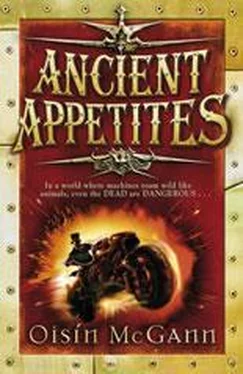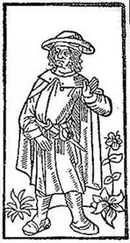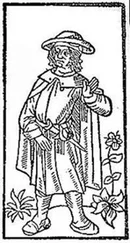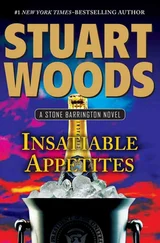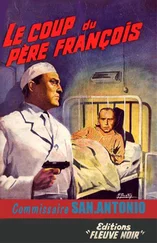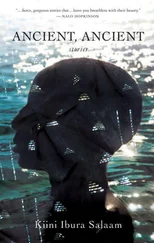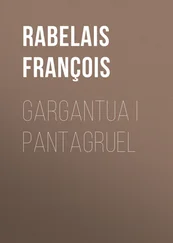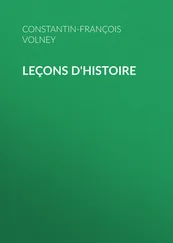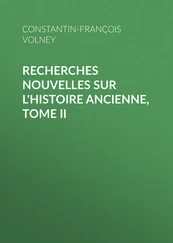'He took the news well, then,' Daisy commented.
'My God,' Gerald breathed. 'He took off like the hounds of hell were at his heels.'
'Well, he had been talking to the old man,' Berto said.
'Where do you think he's going?' Daisy wondered aloud.
'If I were him,' Berto replied, turning away from the window, 'I'd go straight back to bloody Africa.'
'He still hasn't given us our presents,' Tatiana said.
Nathaniel squinted into the wind, urging Flash on ever faster. Gritting his teeth, he ached to put as much distance as possible between himself and his home. He would not become a slave to his father's wishes. If he had to leave Ireland and spend the rest of his life as a wanderer, then so be it. The velocycle revelled in its speed, its engine bellowing in the fresh morning air. They sped down from the hills, through the villages of Woodtown and Ballyboden, towards Rathfarnham, past dry-stone walls, cabins and country houses, overtaking coaches and wagons, and frightening horses. Mud spattered in their wake; young boys looked on, shouting and whooping. Men leaned on their shovels or against their carts, shaking their heads at the reckless, rich young scoundrel on his extravagant toy. Women tutted in disgusted fashion, and girls gazed on with a mixture of shock and wonder.
It was too much of a coincidence that he had come back on the same day that Marcus had been killed. Nobody would believe that he didn't have a hand in it. Memories of his brother sent a wave of bitterness through him and he leaned forward, the wind whipping the breath from his mouth.
Through Rathgar and Rathmines the rider and his mount raced, sending people running from their path, the machine cornering dangerously and accelerating so hard its front wheel lifted. And it reared as it rolled, roaring down the street on its back wheel.
He should have ignored Gerald's letter and stayed with Herne in Africa. He had been happier there than at any other time in his life. Maybe Roberto would have been given the business if he hadn't come back. If Daisy had been involved in the murder, had that been her plan all along? Had she counted on the fact that he wouldn't come home? The family had never been short of conniving women who achieved their ambitions through their menfolk; she certainly had Berto wrapped around her little finger.
At the Grand Canal they turned right, following it towards the river. They skirted past the horses drawing the barges of freight, turning left over the bridge at Grand Canal Quay and along by the feet of the factories and warehouses that lined the dock. They slowed here, struggling to get through the throng of stevedores unloading the barges. The men here were not the types to be intimidated by some young strip of a lad on a fancy engimal. Nate weaved carefully through the workers, around wagons and stacks of crates and barrels, and piles of coal.
Daisy was not the only one he suspected. The family was full of back-stabbing curs who would stop at nothing to advance their position. His Uncle Gideon, Edgar's only remaining brother, was one of the worst. He wanted control of the business so badly it drove him mad. He hated Marcus and had always been jealous of him. But Gideon was a coward at heart and Nate found it hard to believe he would dare to take on Edgar's eldest son… he was scared of Marcus and absolutely terrified of Edgar. The same went for Gideon's scheming wife. If they were involved, they couldn't have done it on their own.
Nathaniel and Flash followed a muddy alley through a fish market to the quays that lined the Liffey, where ships that came in from the sea along Dublin's river moored to disgorge their cargoes. Nate wrinkled his nose. The docks had lost none of their stink. He found it hard to believe anybody could work their whole lives here. There were a hundred smells; but above the pungent odour of fish, damp wood and fresh tar, there was the ever-present stench of the sewage-ridden river itself.
The cobbled streets in this part of town attracted all kinds. Businessmen checked their deliveries of freight while customs officers inspected their manifests; vagabond sailors drunk on beer or grog wandered from one brown-brick pub to the next, looking for work or looking to avoid it. Nate's velocycle drew attention wherever he went. He knew that they had never seen its like in this town. There were a few domestic engimals to be seen along the quays, but nothing compared to Flash. As he passed each ship, sailors and dockers turned to gaze at him and his machine. Gulls and crows and other opportunistic birds circled overhead, hard shapes against a murky grey sky, waiting to pounce on scraps of fish or whatever else they could find.
The tarred-wood hulls of the boats creaked and groaned gently, and Nate could see men on the decks and in the rigging carrying out maintenance, changing ropes and repairing sails. But he knew most of the crews would be in the pubs here and in town, spending their hard-earned money as fast as they could before they set sail again.
The ship he was looking for was still in dock, as he knew it would be. The Banshee was a clipper; a square-rigged merchantman about 240 feet long, with three decks, three masts and a spread of canvas in full sail that was nearly a hundred feet wide. Owned by his father's company, this was the boat that had brought him home from Africa. The company had many of these kinds of ships, but he had grown to love this one. His heart lifted at the sight of it.
The crew were a motley lot, rough but thoroughly competent. It was strange to see so many foreign-looking faces here – he had grown used to a more exotic mix on his travels, but Dublin was still such a small, insular place. Here on the quays, however, you could find all sorts. Ships' crews were often made up of all manner of races – captains took good crewmen wherever they could get them. Sometimes by force, if necessary.
The Banshee's captain would be loyal to the family, but the ship's second mate had become a close friend and Nathaniel was sure the officer would hide him on board until they had sailed far enough out that they couldn't turn back. He could be gone before the family found him.
And yet as he gazed up at the ship, Nate knew he couldn't leave. There was something rotten in the heart of his family; his brother was dead and he had to find out why. If he had two months before he had to depart for America, then that would have to be long enough. He could still cut and run after that. He had loved Marcus, but he would not spend the rest of his years living his brother's life. And besides, there was one other thing to consider: if Nathaniel were to take his brother's place, whoever killed Marcus would be bound to come after him next.
A GRAVE DISAGREEMENT ABOUT BONES

F rancie took the shortcut through the graveyard, running across the carpet of soft grass past one monumental gravestone after another. The Wildensterns didn't do anything by halves, and their headstones were no exception. Giant stone crosses, door-sized slabs of intricately carved marble, looming sculptures of angels with their wings spread, all marked with Roman numerals or Celtic scrollwork or decoration from any period of the family's six-hundred-year history in Ireland.
The memorials cast long, gothic shadows over the grass in the clear morning sunlight, and Francie was struck by the thought that all the family's ancestors, lying there beneath his feet, were somehow watching him. Some frightened part of him wondered if they knew what he and his father were about. There had always been talk that the Wildensterns weren't natural. Their towering manor was often talked about in the hushed tones that might normally have been reserved for the likes of the Tower of London… or perhaps a haunted house.
Читать дальше
